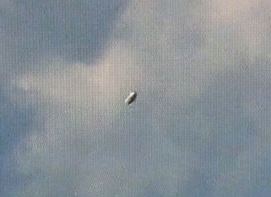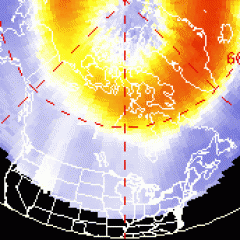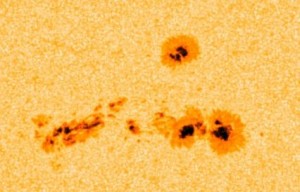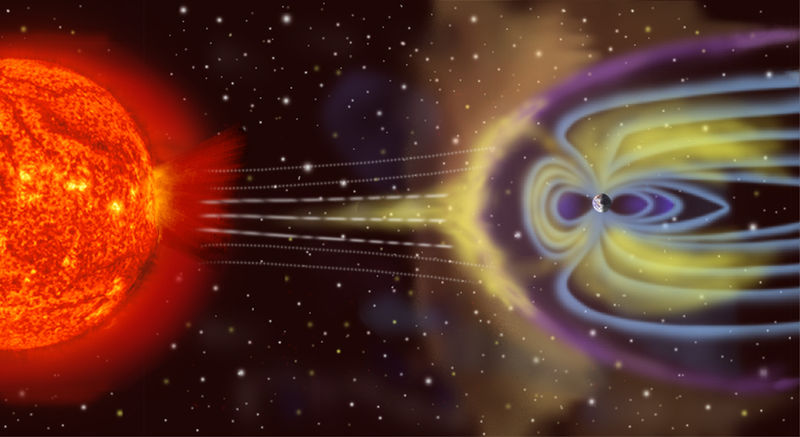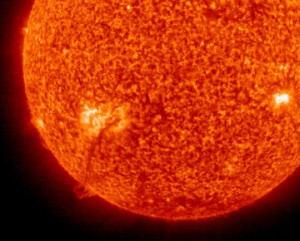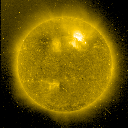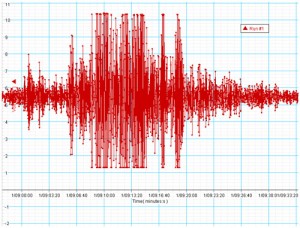
seismogram
Seismograph, 2005. Courtesy http://science.uniserve.edu.au
Is Increased Seismic Activity Related to Solar Cycle 24???
The Denver Post reported yesterday that “Yellowstone National Park has been rattled by more than 250 earthquakes in the past two days following a period of 11 months of quiet seismic activity in the park. The quakes have been gaining strength, with a magnitude 3.1 tremor recorded at 11:03 a.m…. Prof. Robert B. Smith, a geophysicist at the University of Utah and one of the leading experts on earthquake and volcanic activity at Yellowstone, said that the activity is a ‘notable swarm.'” Read more.
As I’ve been writing this article today, I’ve noticed that most recently a new Post article has come out that relays information easily obtained on the USGS website, indicating two new, stronger tremors just this afternoon that seem to be creeping toward the 4.0 mark – see here.
Certainly Yellowstone sees its share of mild earthquakes during these occasional swarms, but as the Denver Post pointed out, this surge of recent and increasing activity follows a relatively-quiet period, so I’m monitoring the USGS earthquake activity site, which shows today that a stronger earthquake hit Yellowstone early this morning, the 19th, registering a 3.4 on the Richter Scale.
I’ve actually been writing this article all day during lulls at work today, and I’ve just learned that a couple hours ago, at about 3 PM Mountain Time (Tuesday the 29th), there were two more temblors at Yellowstone, each bigger than before, both registering a more interesting magnitude 3.6.
If I were scheduled for a Yellowstone vacation, you can bet I’d be postponing it as of today!
We may be the beginning of a somewhat disturbing trend….
In summary: the current Yellowstone swarm intensified yesterday – the same day that northern New Mexico recorded an unusually strong temblor of magnitude 4.1 (or thereabout). And just three days prior to that, on the 15th, Oklahoma recorded its strongest quake in over 10 years, a magnitude 4.0.
This activity highlights a cluster of increased-magnitude quakes over the central United States, coinciding with the horrific Haiti earthquake on the 12th.
“There is absolutely no connection between what is occurring in Yellowstone and the magnitude 7.0 earthquake in Haiti,” reported the Denver Post. “They are completely different systems,” doctoral student Jamie Farrell told the Post. “They are not related.”
Farrell’s assertion that the earthquakes are not related because they “are completely different systems,” indicates that he’s referring to a the absence of a clear tectonic plate link. I suspect that a different link exists between the devastating Haitian quake and the subsequent increased activity in the west-central United States during the past week, having less to do with a crustal continuity of fault lines and much more with other correlating factors which are ultimately much more difficult, if not impossible, to dismiss. (See my post just prior to this one.)
Here’s what I’m noticing: we’ve got quite a cluster of earthquakes going, their outbursts coinciding with active solar windstorms exerting pressure on the Earth’s fragile crust. We should not underestimate the strength of the Sun’s awakening and its effects on Earth as a geomagnetic system – literally, to our planet’s very core. People pay attention to the beautiful affects of solar wind; the northern lights, for instance, have been extraordinarily active in the past couple of days – but is their enchanting display lulling us into the arms of a present danger?
A few of you have probably heard that the Norway Spiral that heralded the beginning of Europe and Asia’s unseasonably snowy and cold winter may have been the result of human tampering (oh my) of the HAARP variety, puncturing the thermosphere and allowing an outflow of heat (thus, Europe’s deep freeze) and creating a window for solar wind to slam into the Earth’s crust.
I’m no scientist, but I’m thinking cosmic geomagnetic interactions between the Sun and the Earth could be impacting the molten core of Earth in ways that we could not have predicted – at the apparent dawning of Solar Cycle 24’s Solar Max.
If the thermosphere has indeed been breached and the inner core of our planet is abuzz with a polar shift accelerated by solar wind, then what possible effects could that have on the core and crust in totality? Not just fault lines that can be connected like dots on graph paper? Could Yellowstone’s ancient, restless magma be ready to bust at the seams? Let’s hope not.
At this writing these mid-continent North American earthquakes are notable in both number and size, and all indications are that they’re growing. Stay tuned!
STACE TUSSEL
PS – For all you armchair seismologists out there, take out your US map. Put a dot on the map a bit west of Raton, NM and another dot just to the SE of West Yellowstone, MT, where two of the strongest US quakes in the last few days have happened. Notice that the line runs through Craig, CO – where a good-sized quake made the news last August, 2009. Hmmm…
